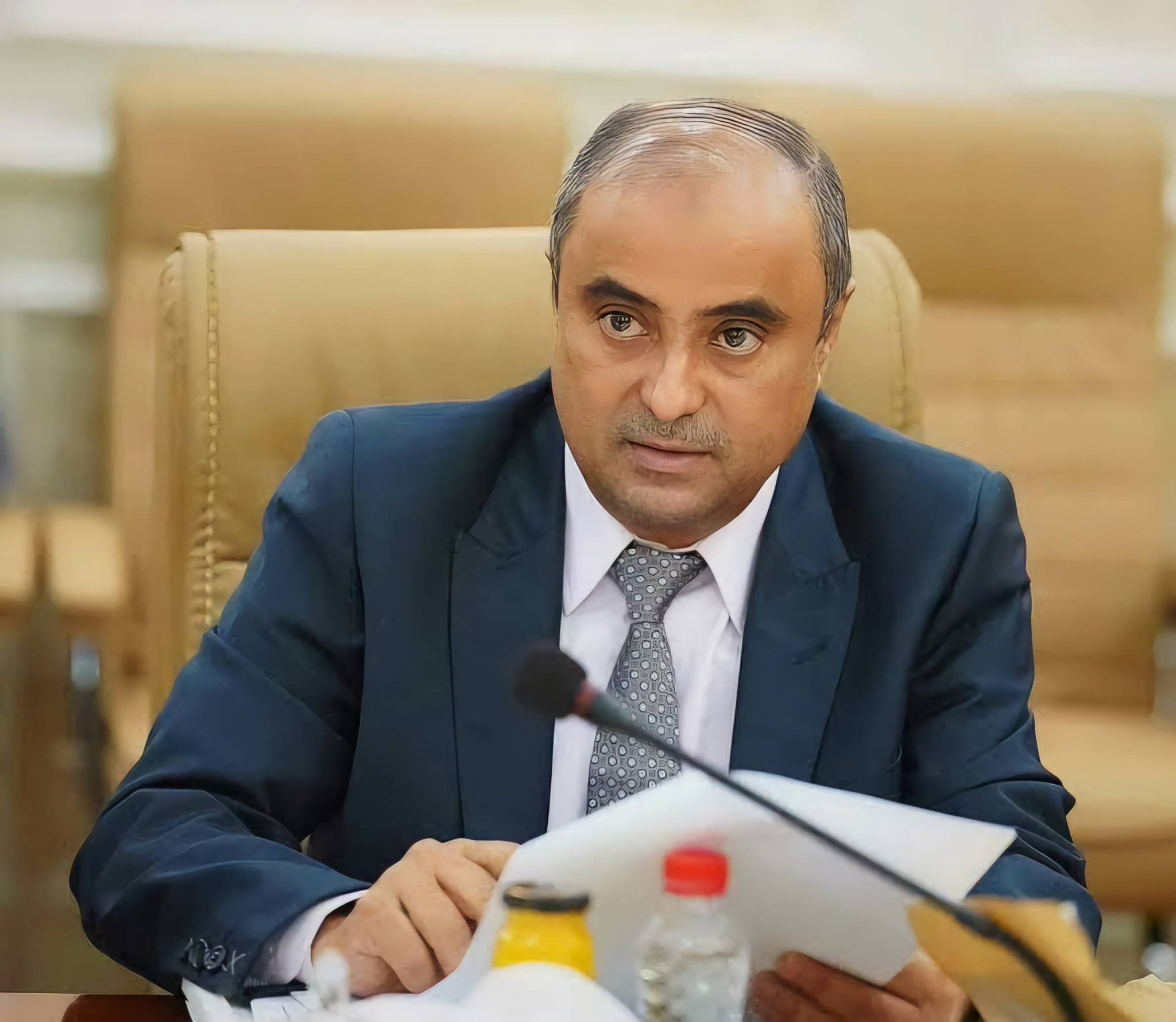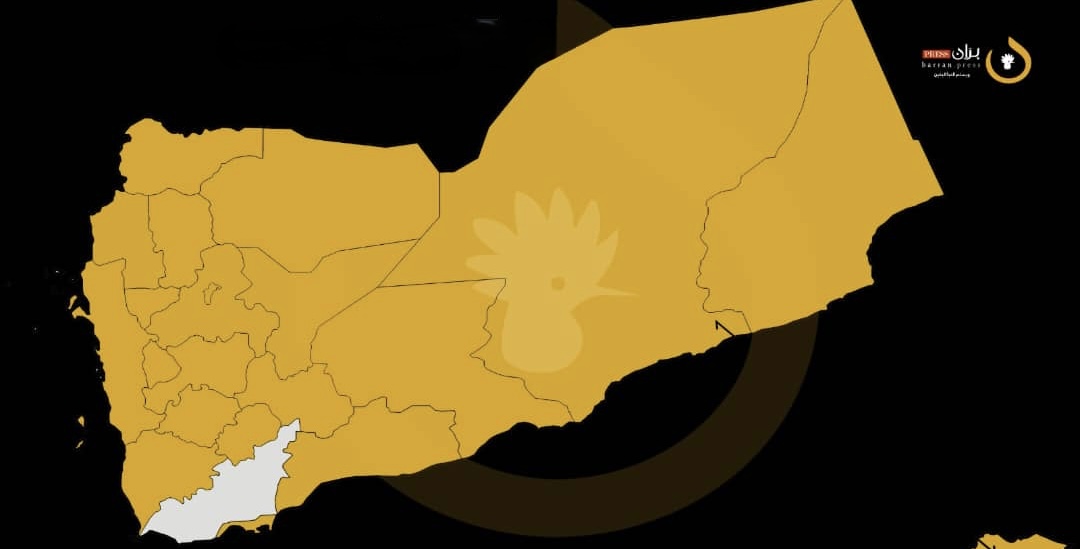
Barran Press
Following the resignation of Ahmed Awad bin Mubarak, Yemen's Presidential Leadership Council (PLC) Chairman on Saturday, appointed Salem Saleh Salem bin Bureik as the new Prime Minister. The decision, formalized by Presidential Decree No. 156 of 2025, followed reports of escalating tensions between bin Mubarak and the PLC Chairman Rashad Al-Alimi. Bin Mubarak has since been named an advisor to the PLC Chairman.
Bin Mubarak, in his resignation statement released earlier on X, cited limitations on his constitutional authority and the inability to implement a cabinet reshuffle as key challenges during his tenure.
Who is Salem bin Bureik?
Hailing from Hadramout Governorate, Salem bin Bureik brings a deep-rooted expertise in Yemeni finance to the premiership, particularly from his extensive career within the customs authority. His professional journey includes a progression through various leadership roles, culminating in his appointment as Minister of Finance in 2019, a portfolio he has maintained through subsequent government changes until his latest appointment.
Bin Bureik's service within the Customs Authority encompassed significant positions such as Deputy Director-General of Customs at the crucial Al-Tawal border crossing in Haradh, Hajjah Governorate, Director-General of Customs at the strategic Port of Hodeidah, and Director-General of the Free Zone in Aden Governorate.
In 2014, bin Bureik, affiliated with the General People's Congress party, was appointed Head of the Yemeni Customs Authority, a role he held until 2018, after which he served as Deputy Minister of Finance.
During his tenure as Minister of Finance, bin Bureik navigated Yemen through a period of severe economic crisis, witnessing the national currency reach historic lows. His efforts focused on implementing economic reforms and engaging in crucial negotiations with international financial institutions, including the International Monetary Fund (IMF), to seek technical assistance and financial support.
Bin Bureik's appointment comes at a critical juncture for Yemen's economy. The national currency continues its steep decline, breaching the 2,500 riyal mark against the US dollar. Simultaneously, Aden, the interim capital, and other governorates are grappling with increasing power outages due to the government's struggle to secure essential fuel supplies.
The Yemeni government's economic woes have been significantly compounded by the cessation of oil exports following attacks by the Iran-backed Houthis on key oil ports including Al-Dabba, Al-Nashima, and Qena in Shabwah governorate . These attacks have deprived the government of vital oil revenues and disrupted fuel flows, stripping it of a primary source of income.





